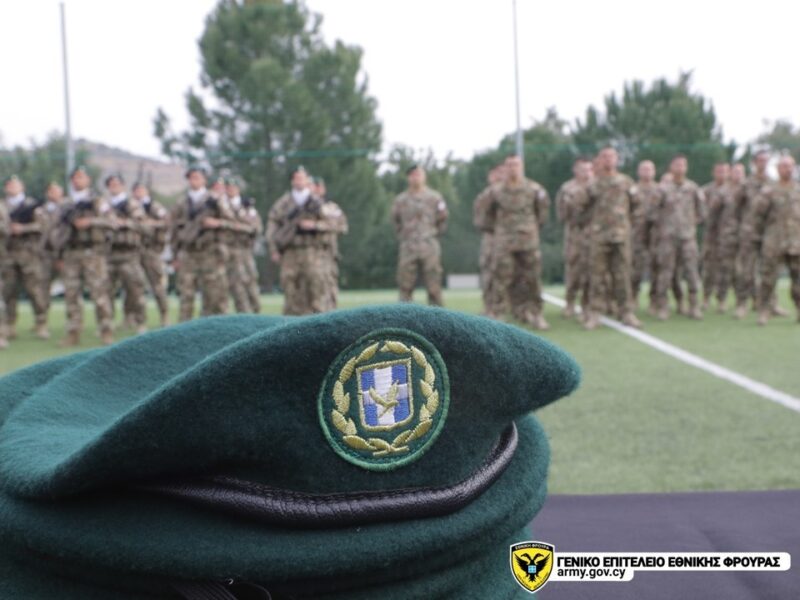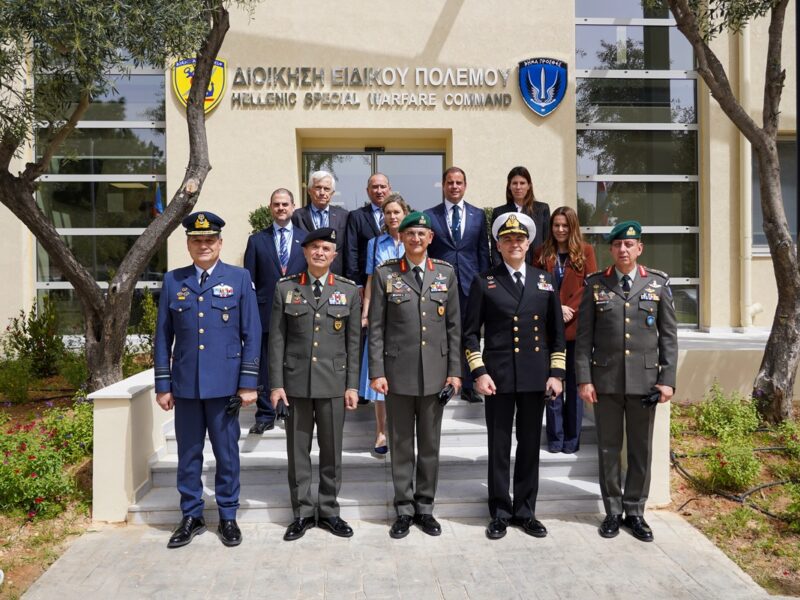By Konstantinos Fili, director of IGA, associate professor of the American College of Greece & ANT1 international affairs analyst
The simultaneous visit of the German foreign minister to Athens and Ankara confirmed the balanced attitude maintained by Germany between the two countries, although recently there seems to be a slight shift towards the Greek positions, noticeable in relation to the Merkel period. Shift, which is a result of both the search for momentum in which Germany is in, in the wake of the war in Ukraine, and the actions on the part of Erdogan, which both disturb part of the German public opinion and also the most progressive government coalition.
Burbok, as president of the “Greens”, had harshly criticized Turkey, being in the opposition, and although obviously as foreign minister she could not be in the same tone, nevertheless it seems that she has not changed her line on the humanitarian issue rights and the rule of law. It is something that bothers Turkey, wherever it comes from, and Cavusoglu made sure to explain it to her in the well-known style of a bully.
Regarding her visit to Athens, we keep three positives: First of all, her reference to the self-evident Greek sovereignty of the islands, a remark that nevertheless has its importance, just like the support for Turkey without asterisks. In the fact that he spoke of solidarity, which in the past Germany had not shown in times of crisis towards Greece (debt crisis, immigration, Turkey). And it is also worth pointing out the fact that both Turkey and Greece with their diplomacy have started to produce a positive result for us, that is to say that foreign officials, like Burbok, are finding analogies in the attitude of the behavior of Russia with that of Turkey.
This offers Greece an important argument: Every time Turkey moves in a revisionist way against us, we can compare its behavior with what is happening in Ukraine from Putin’s side, so that our argument becomes more understandable to our partners. But under conditions, this could also have a continuation, with the adoption by our partners of a different attitude towards Turkey regarding the equipment of the latter.
In the issue of war reparations, without having spectacular results, the Greek side has decided to exhaust the country’s legal possibilities. To the question of some whether the timing is appropriate, the answer is that it never is and always will be. It will never be because there will always be some issue in which Greece will seek Germany’s support, and it will always be topical because some satisfaction of a permanent Greek demand has not occurred. Ultimately, Berlin’s stance on fiscal discipline or aid packages is not going to change because Athens is demanding war reparations.
In armaments, the Greens as an opposition had requested the blocking of the supply of submarines to Turkey, but since they entered the government they have not made the slightest mention. Let’s be realistic: Germany is not going to back down on selling the six submarines to Turkey. The interests are very big, these are German shipbuilding contracts, Ankara is a very good customer and besides there are no other prospective buyers.
However, as Turkey’s behavior increasingly resembles that of Russia, the concern should grow – and we should point it out – as to whether defense cooperation with Turkey, in addition to the economic benefits, will not strengthen its destabilizing effects. actions in the field.
That’s the data. There is value, however, in keeping the German differentiation vis-à-vis Turkey on the issues of the rule of law and human rights. This is important, but not drastic, but no one should expect overnight that the German policy of appeasement towards Ankara will change, which has largely failed. Germany has a “special relationship” with Turkey.
The Turkish community in Germany which numbers 3.5-4 million and many of them now vote, the large number of German companies operating in Turkey with a very strong footprint (over 6.5 thousand), the defense cooperation, as of course the immigration, because of which after 2015 Berlin was even more hesitant towards Ankara.
Let us not be under the illusion that German policy towards Turkey will change drastically. If that ever happens, which I’m not optimistic it will, it’s not going to happen overnight.
The only serious prospect in which we can invest is for Berlin’s appeasement policy towards Ankara to be enriched with strong doses of principled politics. Like the one invoked on Friday by Burbok to Turkey, which was not so emphatically the case in previous years.
A principled policy that not only does not allow transactional diplomacy to work, but also adds a principled strand, is not only about democracy, the rule of law and human rights. The policy of the authorities must concern – and we must make it concern – Turkey’s behavior towards other member states, such as Greece and Cyprus.
And a very good argument to support our position is what is happening in Ukraine and how Germany, with the policy it has followed in recent years, and the great interdependencies it has created with Moscow, has fed the Russian bear.


